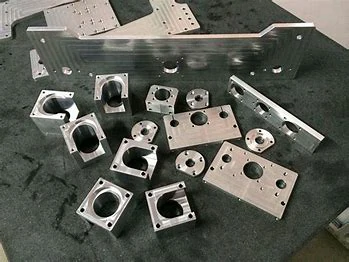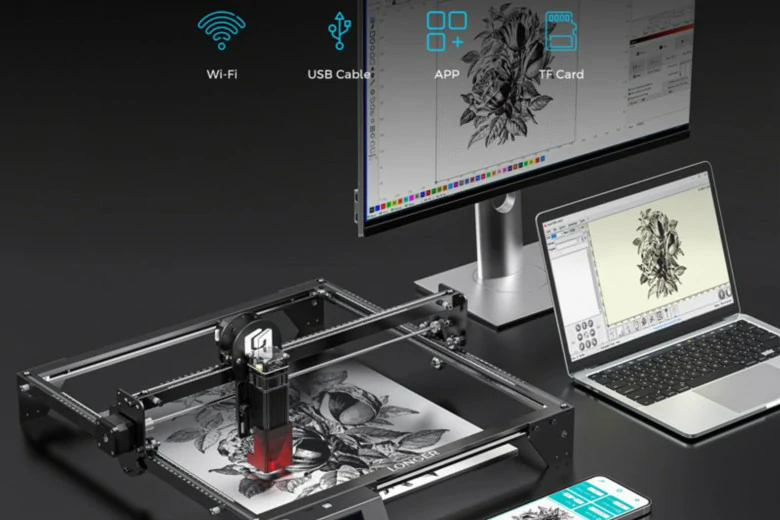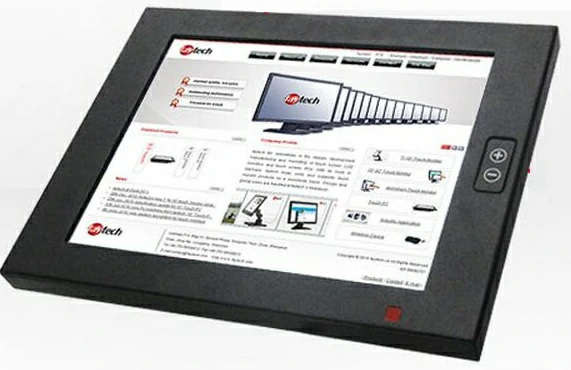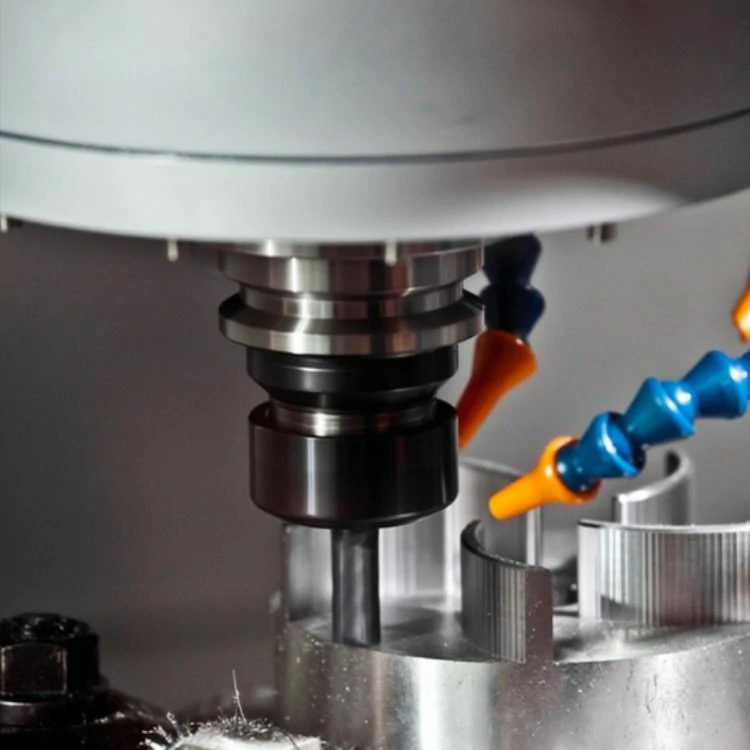Aluminum Alloy CNC Machining: Precision and Versatility in CNC Aluminum Product Processing
Aluminum alloy CNC machining has revolutionized the manufacturing industry with its precision, versatility, and efficiency. This advanced technique utilizes computer numerical control (CNC) technology to produce high-quality aluminum products.
Aluminum alloys are widely used in various industries due to their exceptional properties, including lightweight, corrosion resistance, and excellent strength-to-weight ratio. With CNC machining, manufacturers can harness these advantages to create intricate and customized aluminum products.
The CNC process begins with the design of the product using computer-aided design (CAD) software. The design is then translated into a set of instructions that guide the CNC machine’s movements. This automated system ensures precise and consistent results, eliminating human error.
One of the key benefits of aluminum alloy CNC machining is its ability to create complex shapes and geometries. The CNC machine can carve out intricate patterns, holes, and curves with utmost accuracy. This level of precision is crucial in industries such as aerospace, automotive, and electronics, where even the slightest deviation can compromise efficiency and safety.
Moreover, CNC aluminum product processing is highly versatile. It can handle different aluminum alloys, including popular ones like 6061 and 7075, as well as specialized alloys like 2024 and 5052. This versatility allows manufacturers to cater to a wide range of customer needs and applications.
In addition to versatility, CNC machining provides excellent dimensional consistency. By adhering to the programmed instructions, the CNC machine ensures that each product is replicated with precise measurements. Whether manufacturing a batch of identical components or producing prototypes for testing, CNC aluminum product processing delivers consistent results every time.
Furthermore, CNC machining offers rapid production capabilities. Once the machine is set up and programmed, it can operate continuously, reducing production time compared to traditional manual machining methods. This increased efficiency translates into faster turnaround times for customers, allowing them to meet deadlines and stay ahead in competitive markets.
Another advantage of CNC aluminum product processing is its cost-effectiveness. While initial setup costs for CNC machines may be higher, the long-term benefits outweigh the investment. The automated nature of CNC machining reduces labor costs and enables manufacturers to produce more with less. Additionally, the precision and consistency of CNC machining minimize material waste, optimizing resource utilization.
It is worth mentioning that CNC aluminum product processing also promotes sustainability. Aluminum alloys are recyclable, and CNC machining allows for efficient use of materials, reducing waste and environmental impact. By adopting CNC technology, manufacturers can contribute to a greener future while delivering high-quality products.
In conclusion, aluminum alloy CNC machining has revolutionized the manufacturing industry by offering precision, versatility, and efficiency in CNC aluminum product processing. The automated nature of CNC technology ensures precise and consistent results, enabling the creation of complex shapes and geometries. CNC machining is versatile, accommodating various aluminum alloys and applications. Moreover, it provides rapid production capabilities, cost-effectiveness, and promotes sustainability. As this advanced technique continues to evolve, it will undoubtedly shape the future of aluminum product manufacturing.
.webp)



